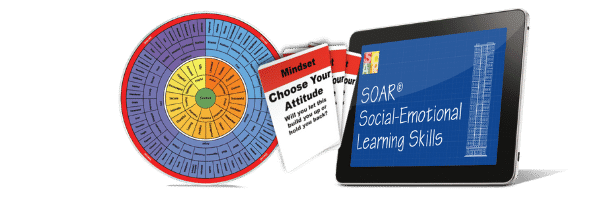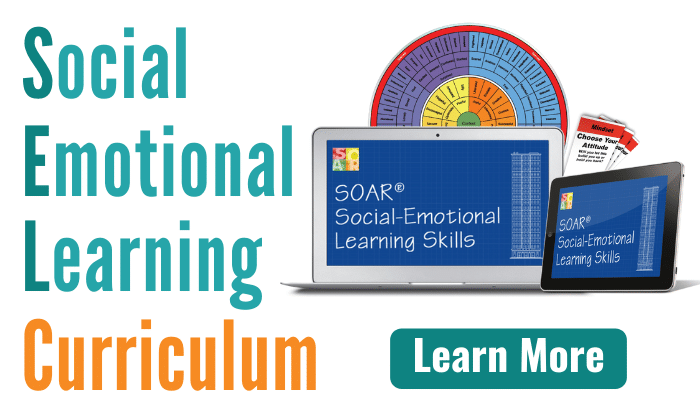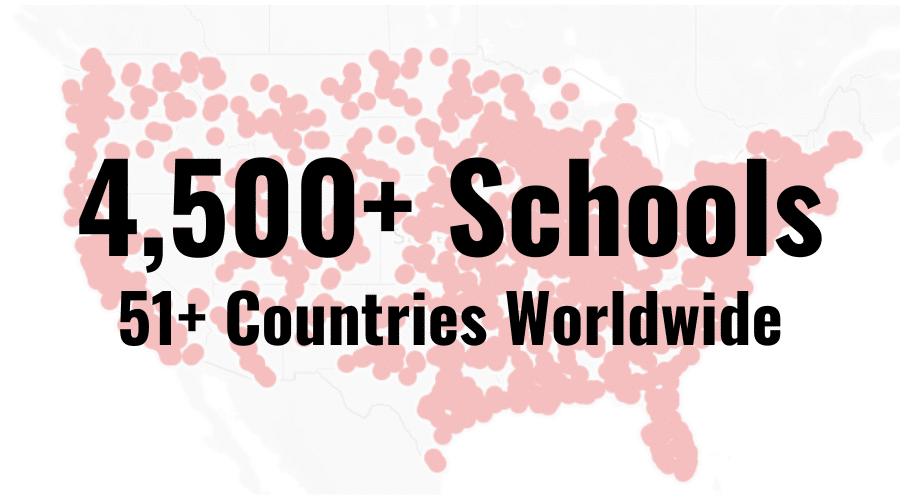How to Grow Grit and Growth Mindsets
In her landmark book, Mindset, Carol Dweck, Ph.D., shares her scientific research on motivation and growth mindsets. She concluded that teaching students how to learn, in conjunction with brain biology, is the best way to boost motivation and develop a “growth mindset.” In two scientific studies, she confirmed that this combination works; motivation and grades skyrocketed among adolescents! Angela Duckworth, Ph.D., cites Dweck’s work as one of the strongest ways for students to develop “grit”…the character trait most strongly associated with success!

In her landmark book, Mindset, Carol Dweck, Ph.D., shares her scientific research on motivation. She concluded that teaching students how to learn, in conjunction with brain biology, is the best way to boost motivation and develop a “growth mindset.”
How Your Brain Works
Your brain is made of billions of tiny wires, called neurons. Every time you learn something new, your brain grows new neuron wires. That means every time you learn something new, you change the structure of your brain! But those neuron wires can only grow if they are connected to wires that already exist. New brain wires must literally “plug in” to existing brain wires for power.
In other words, the only way to learn something new is to “attach” the new information to something you already understand! Read that again. This is the foundation of learning; connecting old information to new information.
People sometimes argue claiming that “connections” are not required for learning. They claim that they have studied for tests –and often done well on them –but didn’t really understand anything they studied.
Can you relate to that situation? I certainly can because I did this for years…before I learned how to learn. I now understand that I was not actually learning…I was memorizing.
When you memorize information, you simply spin it through your short-term memory, which is an actual section of your brain. But, as its name suggests, short-term memory can only hold information for a short time. It has a very limited capacity and consumes a lot of brain energy. The moment it can let go of information, it will.
This is why many people turn in a test, then feel like they immediately forgot everything they memorized. They did! The information was never learned in the first place.
The only way information will stick long-term is if new information is connected to something you already understand. Information that you already know is stored in the areas of the brain that manage long-term storage and recall.
When you connect new information to previously mastered information, you automatically drag it out of short-term memory and fuse it into your long-term memory. You might get a better sense of this by thinking about a time when your neurons did not connect.
Have you ever asked a question and received an answer you didn’t understand? We often describe that situation by saying the answer went “over our head.” Now, replay that experience in very slow motion. The exact moment that you heard the answer, you were expecting to understand it. Then suddenly, you realized you didn’t. For that brief moment in between, there was great confusion. It was so unexpected, you may have slightly shaken your head or adjusted your physical position, feeling like you briefly lost you balance. Guess what? You did!
Well, actually, the neurons in your brain lost their balance. When you asked the question, your brain set up neurons, ready to connect to an answer. But, the answer did not make sense to you. So, those neurons were not able to grab the new information; they were left without a connection. You felt “off balance” because your neurons were literally unbalanced.
Again, the important lesson here is that learning only happens when you connect new information to something you already understand. This is why questions are so valuable…they naturally create these valuable connections in your brain and create growth mindsets.
Give your students the tools to succeed with learning, develop growth mindsets, and uncover intrinsic motivation. Sign up for our “How Do I Feel?” Curriculum Kit in the blue box on the right of this page.
Sincerely,
Susan Kruger, M.Ed.
EB 050917
"How Do I Feel?"
Curriculum Kit
Get It FREE!
Includes the SOAR Feelings Wheel, Coping Cards, Full Lesson,
& Information on...

Delivering Student Skills in
Self-Awareness, Self-Management,
Social Awareness, & Responsibility
SOAR® in the News
The SOAR® Curriculum
The most critical learning, organizing, and communication skills needed for school. Learn more here.
Who’s Using SOAR®?




